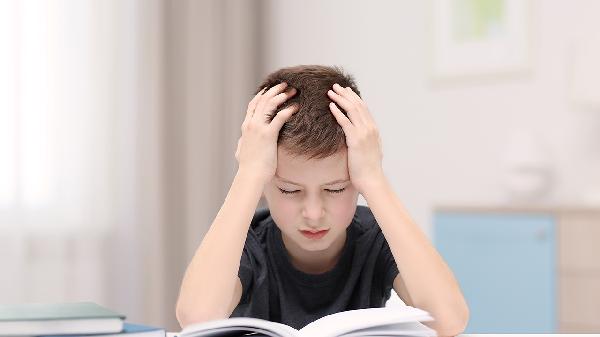It is reported that the total number of people suffering from depression worldwide is increasing. According to the latest estimates by the World Health Organization, more than 300 million people across the globe are affected by depression. In China, nearly a quarter of college students have experienced depression. To encourage more depression patients to seek and receive help, the WHO has designated depression as the theme for the 2017 "World Health Day" activities, calling for "Let's talk about depression."

Seeking treatment for depression is no more shameful than treating a cold.
Jia Fujun, director of the Guangdong Provincial Institute of Mental Health, spoke at a forum stating that the prevalence of depression in China is currently 3-5%, with an estimated total of around 30 million people, a rate close to that of common diseases like hypertension. However, less than 10% of these patients receive treatment, primarily due to patients' reluctance to seek medical help and the low rate of depression recognition in general hospitals, which often leads to missed diagnoses. Among all depression patients, 10-15% ultimately die by suicide.
The 3-5% incidence rate of depression is comparable to common diseases and also has a biological basis. However, even today, there remains a misconception that seeking treatment for mental health issues is shameful. This erroneous belief can directly lead to delays in treatment. Professor Jia Fujun called on the public at the forum to set aside prejudices against mental illness, relieve psychological burdens, and actively cooperate with doctors in medication treatment. A significant portion of mental illnesses can be cured.
"I often tell patients there's nothing to worry about, and it's not shameful at all. Going to the psychiatric department for depression is as common as going to the outpatient clinic for a cold," said Jia Fujun.
Therefore, when you or someone around you shows signs of depression, it's crucial to seek medical help promptly and not feel that having depression is something to be ashamed of.
Now, let's talk about how to prevent depression in daily life.
How to Prevent Depression in Life?
1. Record Your Thoughts
The first step to gradually controlling negative automatic thoughts is to become aware of them. Patients can consciously discover and record what their thoughts are after certain events during the next week. For example: On Monday, not doing well at work, feeling incompetent, looked down upon by others, and feeling down.
2. Record Positive Expectations for the Future
If you have no hope for the future, please first believe that this thought is untrue and subject to change, as no one can predict what tomorrow will bring. Negative thoughts about the future are merely opinions, not facts. Patients can list positive reasons to look forward to the future, such as "I hope to fall in love," "I hope to see my child start working in society," etc.
3. Maintain an Optimistic Attitude
Attitude is truly important. Try to keep yourself happy, eat what you love, and play freely. Overthinking and being too stubborn is not good; a calm mind is really important. If there are many things suppressed in your heart for a long time, try talking to someone trustworthy, or if you don't want to talk to friends, you can chat with strangers online. Don't keep things bottled up.
If you get depression, how should it be treated?
Depression Treatment: Medication + Self-Regulation
Professor Pan Jiyang stated that depression treatment can be analyzed based on external and internal causes. The internal factor is mainly a defect in brain neurobiology, which is genetic susceptibility. If there are external factors, they can be self-adjusted. For example, light can affect a person's mood, so family members can brighten up the house to match the external brightness, which can improve alertness. Secondly, listening to music can help regulate mood, but the specific type of music depends on personal preferences, cultural background, and education level. For instance, someone who doesn't like music might feel worse if forced to listen. Exercise and travel are also methods to regulate depressive moods, but it depends on the patient's willingness, as forcing someone who dislikes these activities can be counterproductive. Therefore, whether it's family, friends, or teachers, they should consider the patient's perspective.
"As for medication treatment, selective serotonin reuptake inhibitors (SSRIs) are commonly used. Their principle lies in the synaptic gap between two neurons in the brain where a lack of serotonin neurotransmitter leads to depressive mood. The medication blocks the reuptake of serotonin in the synaptic gap, thereby improving mood. The second category is dual inhibitors, which block the reuptake of both serotonin and norepinephrine, aiming to increase the concentration of both in the synaptic gap to enhance mood. The third category is related to the dopamine system, as dopamine is closely linked to a person's mood and sense of pleasure. The fourth category mainly acts on biological rhythm receptors, known as M1 and M2, which alter the receptors to change biological rhythms, thereby treating depression."
























